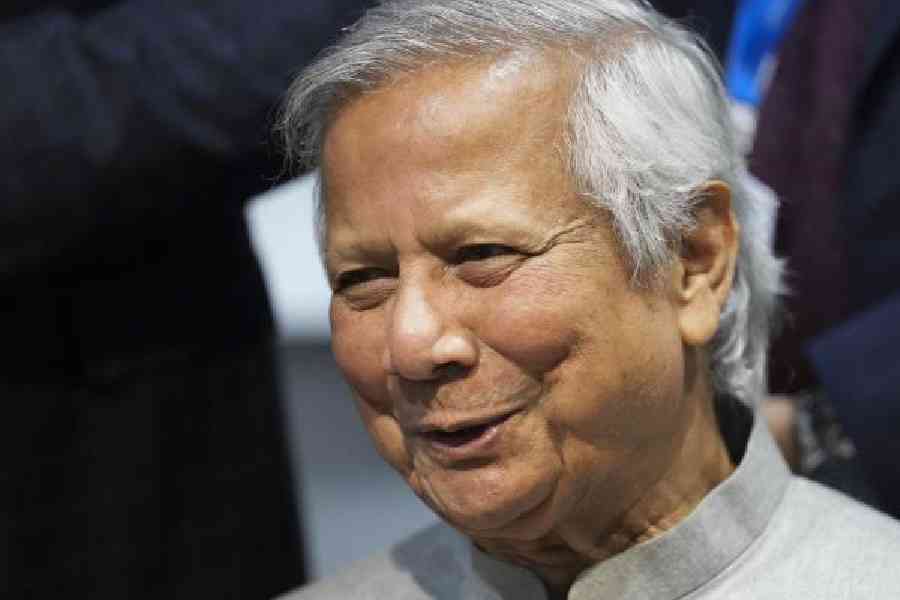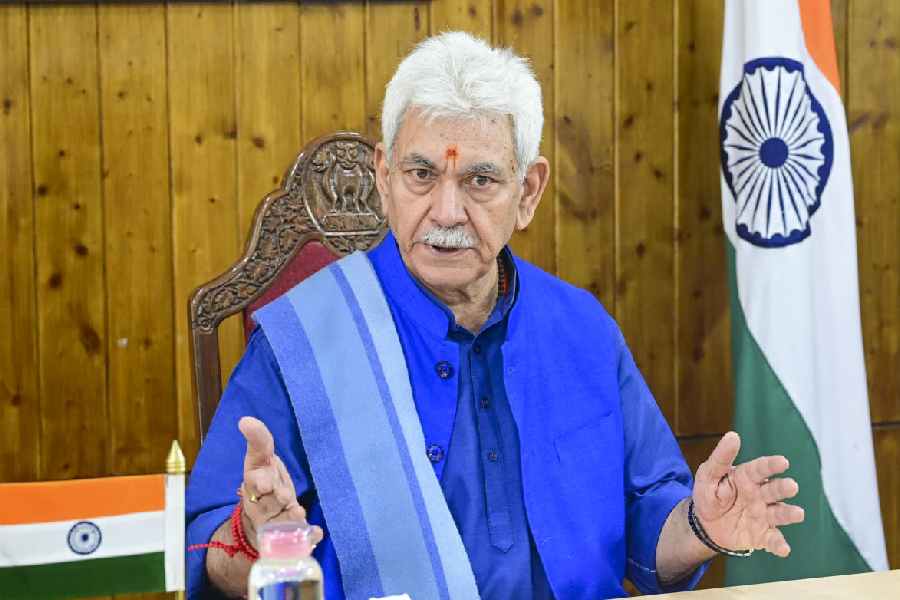Hasnat Abdullah, a prominent student leader in Bangladesh, has threatened to “break the pens” that write in favour of “fascism” earlier this week. This ultimatum came within weeks of his visit to a private television channel to put pressure on the management to fire 10 journalists who had allegedly sided with the ‘fascist’ regime. Mr Abdullah attached the ‘fascist’ tag on the deposed prime minister, Sheikh Hasina, who was accused by her detractors — not without reason — of muzzling press freedom, arresting Opposition leaders, rigging elections, and turning Bangladesh into a one-party State even while maintaining the trappings of a democracy by holding elections.
The July-August uprising in Bangladesh, which catapulted the Nobel Peace Prize winner, Muhammad Yunus, as the head of an interim government, had thrown up the hope of a new beginning in India’s eastern neighbourhood. The experience of the last five months or so, however, indicates that it may not be the case. On the contrary, what is visible is the collapse of key institutions, mirroring what preceded the overthrow of Ms Hasina. Individuals like Mr Abdullah, who put Mr Yunus in the saddle, have done irreparable damage to the media. The period after the uprising witnessed the arrests of scores of journalists on spurious murder charges, the cancellation of accreditation cards of hundreds of reporters, government-dictated changes to editorial teams in television channels and newspapers and a witch-hunt against scribes for allegedly siding with the ‘fascist’ regime. The attack from those in power has not been limited to the media alone; the three main pillars of democracy — the legislature, executive and judiciary — seem to lie in tatters under Mr Yunus who had promised to give Bangladesh a new deal. The interim regime has packed the highest echelons of the civil and the police administration with retired officers, creating a system in which retribution against lawmakers of Ms Hasina’s regime has become the priority while the law enforcers have turned a blind eye to incidents of mob justice. Mr Abdullah and his followers, who enjoy the blessings of Islamist parties like the Jamaat-e-Islami, forced six judges of the appellate division of the Supreme Court — including the chief justice — to resign on a single day as they had been appointed during Ms Hasina’s regime. In the name of cleansing the judiciary, an ad hoc process of removing 12 high court judges was launched and 23 new judges, including six retired district and sessions judges, were appointed to the high court. Contrary to the promise, the justice delivery system has gone awry — jail, instead of bail, has become the norm in Bangladesh where prominent civil society members, not unlike the earlier era, have been behind bars on allegedly false charges. The legislature remains disbanded since August 6 when President Mohammed Shahabuddin dissolved Parliament. The interim government, comprising unelected student leaders and Mr Yunus’s cronies from non-governmental organisations, has taken up the task of ushering in sweeping reforms, such as changing the tenets of the Constitution, without any mandate.
Examples of an uprising’s effervescence causing damage to institutions abound. But the scale of the assault on the pillars of democracy under Mr Yunus stands out even by Bangladesh’s standards where democracy has remained a distant dream even 53 years after Independence. Sadly, the unfolding developments in Bangladesh after the uprising have set a perverse precedent.









